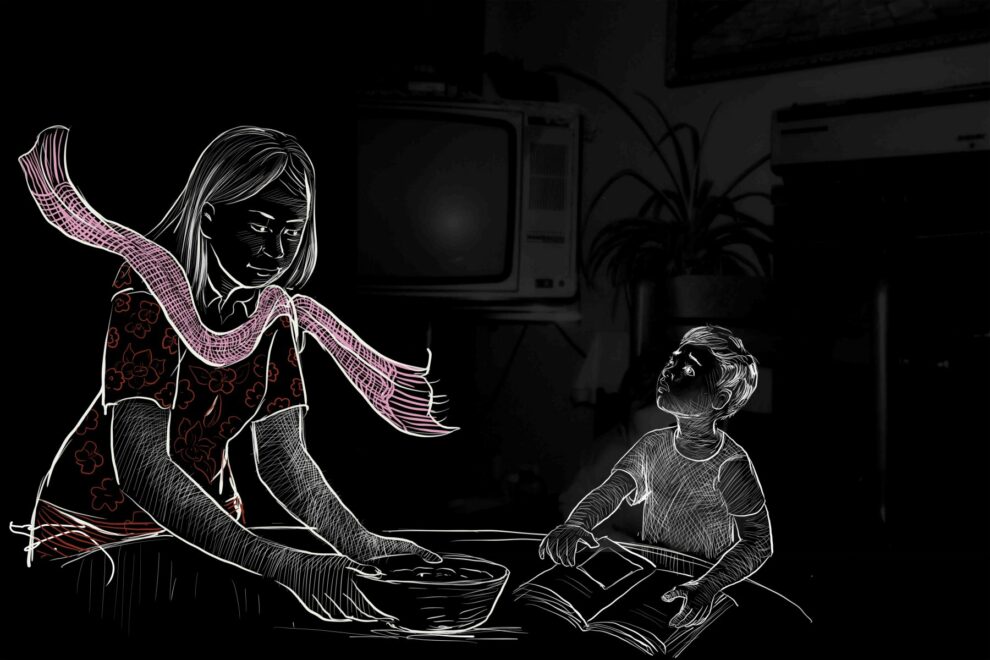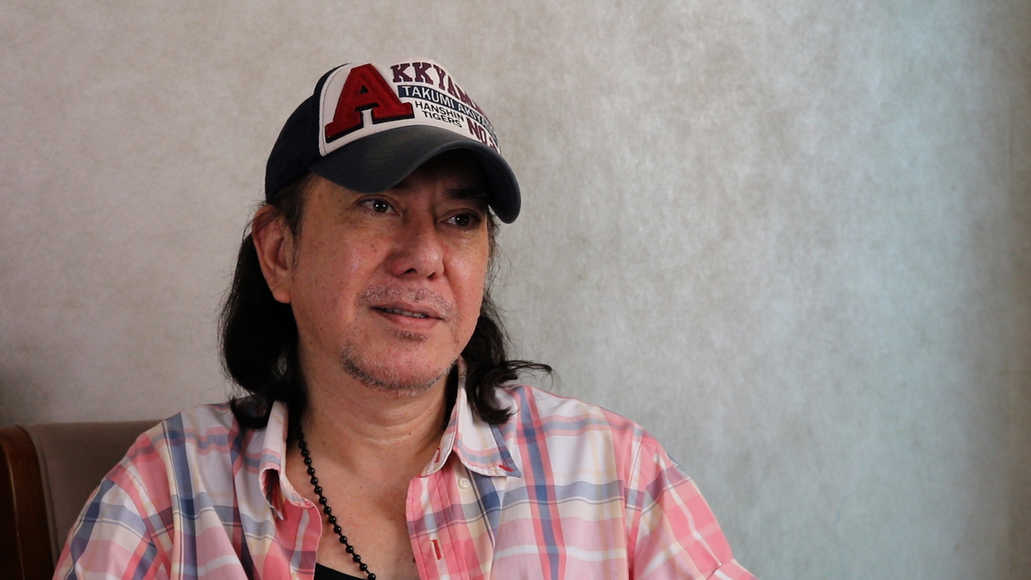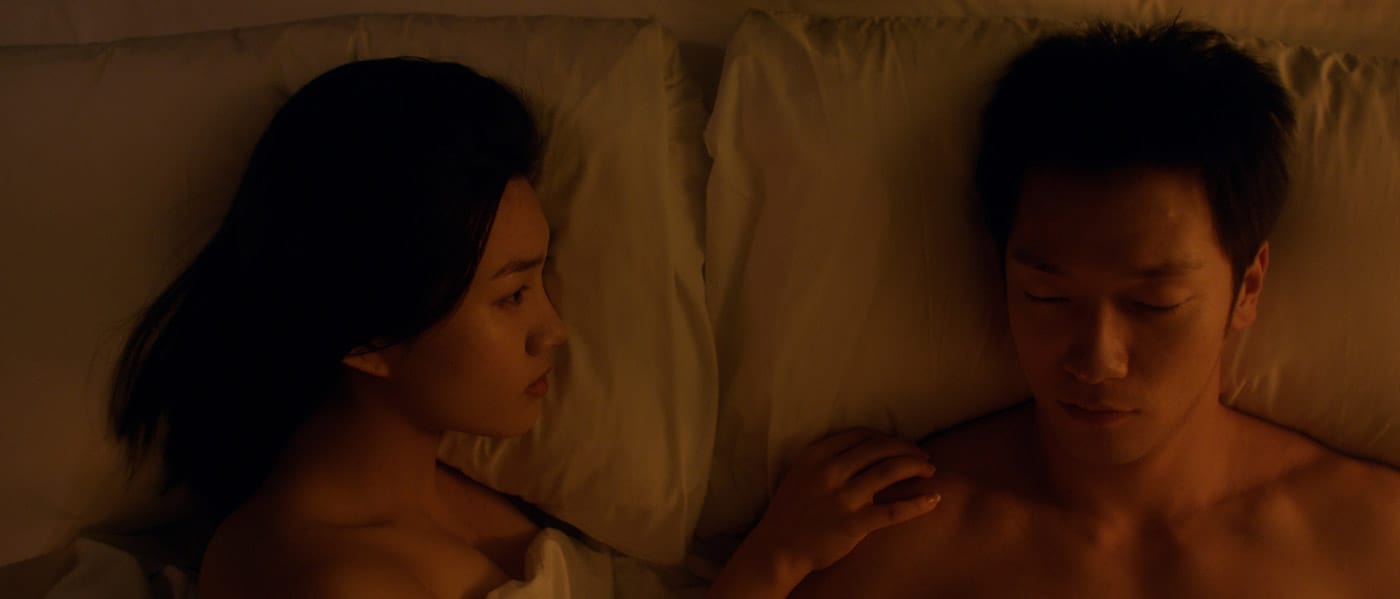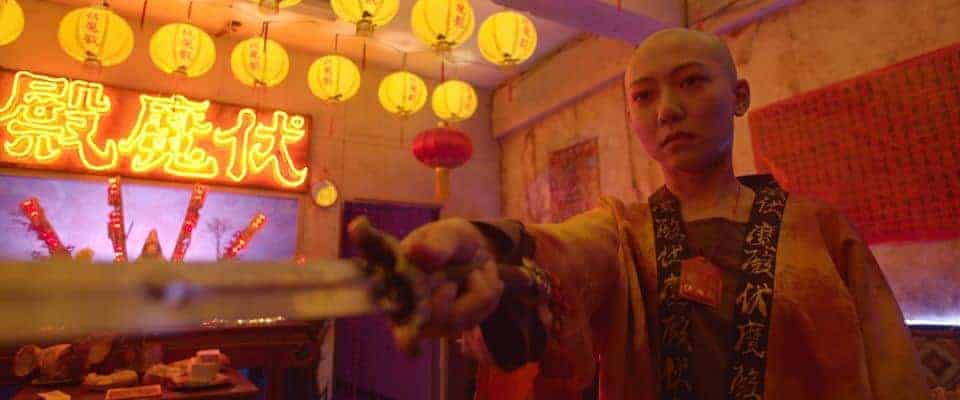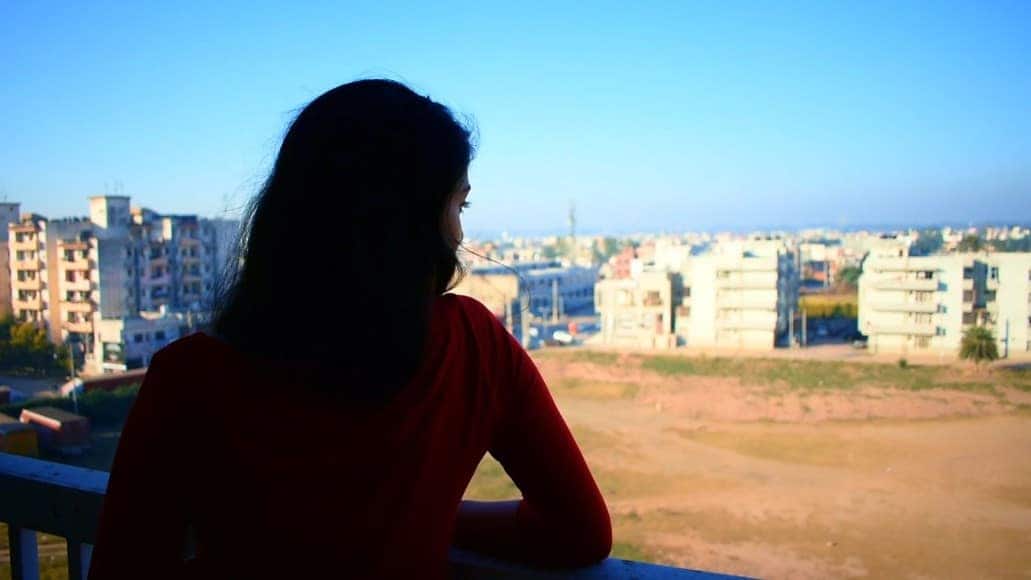Experimental cinema, which usually combines multiple art forms in order to come up with new and unique ways of artistic expression, is usually aimed to rather hard-core buffs or even exclusively to people who attend galleries, exhibitions and museums more than cinema. Jean-Baptiste Phou, however has managed to come up with an experimental movie, that is actually quite easy to watch no matter the audience.
“My Mother's Tongue” Screened at Vesoul International Film Festival of Asian Cinema
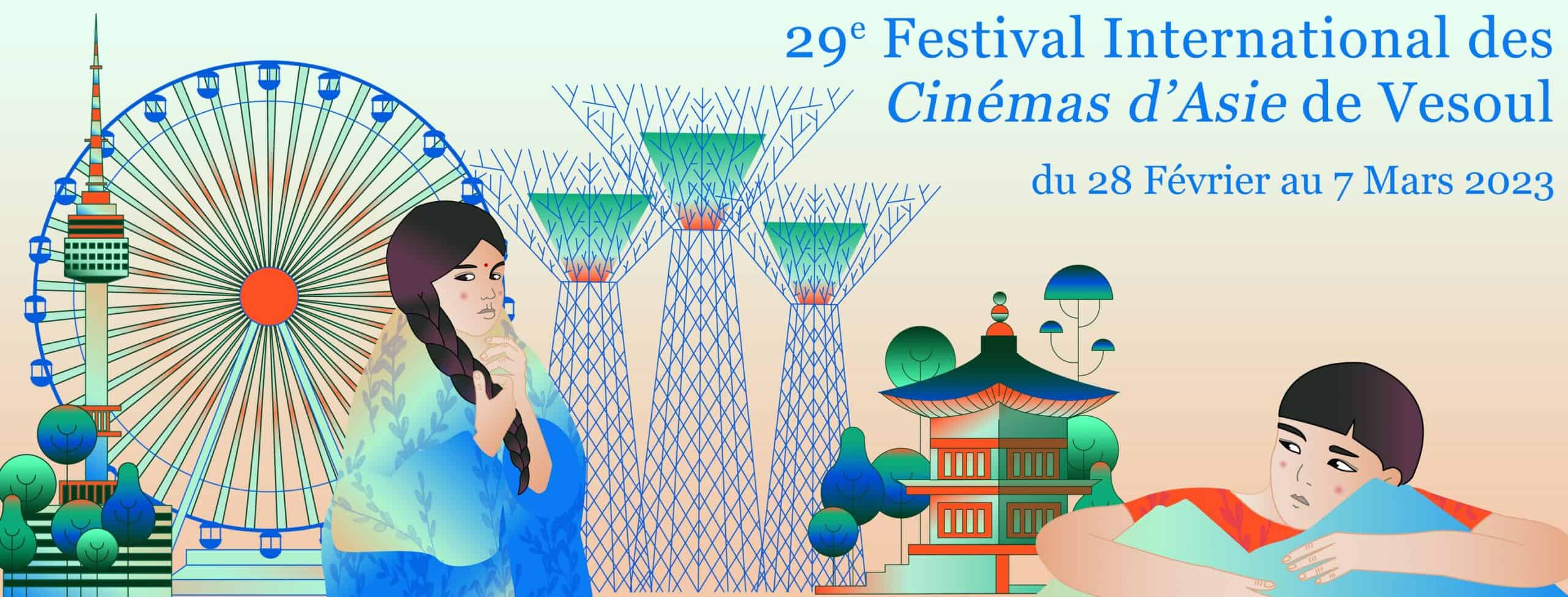
The story is autobiographical, and starts with Phou's childhood, who was born in France by Chinese-Cambodian parents, and the impact the lack of communication, particularly with his mother, whose native language he did not speak, had on him, growing up in a household where a number of languages and dialects were spoken, to the point that his family had their own mixed one, in order to find some sort of communication. This eventually led him to a trip in Cambodia in order to learn Khmer, an endeavor, however, that proved futile considering how difficult the particular language is. His days in Cambodia, his return to France, and another return to Cambodia, this time following an unfortunate event, conclude the story.
The artform here is quite simple in its base. First a photography from the past appears, then an invisible hand starts drawing white lines on the photograph that usually end up in the appearance of people, frequently of Jean Baptist himself, while in the end, some color is included in the images. The way the drawings appear give a sense of movement that could be characterized as animation, with the illustrations by Sao Sreymao and the animation by Sreymao and Denis Do both fitting and dictating the general aesthetics of the movie to perfection. Lastly, Phou's narration, Cambodian music his mother used to listen, and finally, recordings of her talking to the phone take care of the sound aspect of the movie.
The series of vignettes approach is not exactly unusual in experimental cinema, but the combination with the rest of the elements is quite appealing both to the eye and the ear, while Phou's sincerity and openness guarantees the empathy of the viewer, which is essentially the most appealing element of the 33 minute short. In that fashion, the movie unfolds as both a confession (therapy if you prefer) about his life, and an homage to his mother, which includes, though, both elements that could be perceived as educational regarding the Khmer language, and much humor, particularly in his futile efforts to learn the language, where the voice of his teacher also plays a crucial role. Lastly, the comments about the importance of communication and the role language plays in it conclude the rather rich context of the movie.
“My Mother's Tongue” is an excellent film, which proves that experimental cinema can be as approachable as any kind of cinema, in a work that is even more impressive considering this is Phou's debut.


